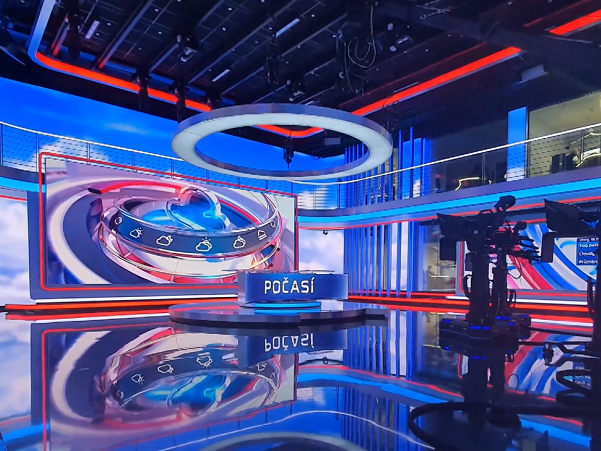Using stolen and doctored footage, scammers try to convince internet users that celebrities are recommending dubious investments or buying goods. In recent months, CNN's Prima News brand has also fallen victim to scammers many times. This is also why they are trying to warn as many people as possible so that no one falls for the money-hungry scammers of gullible people.
"The video you saw is me, but it's also not me." Pavlina Wolfova captures the essence of so-called deepfake recordings in a new CNN Prima News awareness video. It's a dangerous recent phenomenon. Its creators, with the help of artificial intelligence, can generate a real-sounding voice, modify the face of famous personalities and imprint them with such facial expressions that they look like they are actually speaking. In reality, however, the words were never spoken, nor were their actions realised. The quality of such a video can be high, and at first glance, deepfake can fool many people.
In practice, the scammers most often try to extort from people an initial investment in an imaginary programme that is supposed to provide participants with tens or hundreds of thousands of crowns a month without work. However, people will never see the invested money again. The scammers use footage from CNN Prima News studios to create the impression that the presenters are offering dubious financial or other products in their programmes. It is no coincidence that the sponsors of such ads target the CNN brand for its notoriety and global credibility, and that they choose trusted personalities such as veteran journalist and 360° presenter Pavlina Wolf for the fraudulent videos. In the video, she tries to explain to people that she is definitely not a saleswoman of pots or financial products and to warn the public against unfair practices.
"I work for CNN Prima News and we broadcast the news for you. Deepfake videos are a scam to pull money from you. Don't be fooled, and if in doubt, ask. There will be more and more scams like this. That's why we've decided to fight them. The best defence is awareness. Please share this video with your loved ones. Let's not fall for it together."
Pavlína Wolfová explains in the video.
CNN Prima News is also defending itself legally against deepfake videos and wants to be a pioneer in raising awareness about the phenomenon. In addition to fraudulent advertising, deepfake videos can be used to try to influence election campaigns or to undermine the credibility of politicians' media and information in general. If the public knows enough about this phenomenon and starts to automatically doubt and verify information when it comes to fantastic offers or hard-to-believe statements, the impact of such videos will be significantly reduced.
Source: mam.cz

